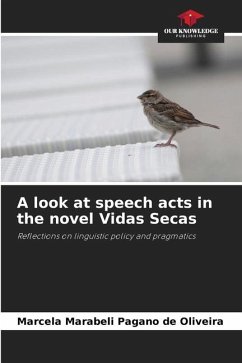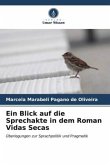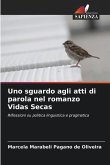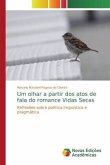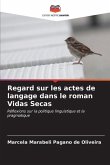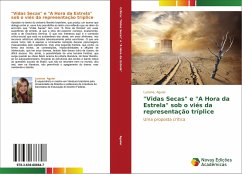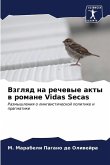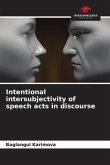The general aim of this book is to reflect on some aspects of linguistic politics that may permeate the speech acts (Armengaud, 2006; Melo, 2014; Pinto, 2006, 2014) of the novel Vidas Secas (Candido, 2012; Moraes, 2012) by Graciliano Ramos, in order to improve approaches that refer to linguistic politics (Correa, 2014; Rajagopalan, 2013, 2014) and agency (Asad, 2000; Ahearn, 2000) from a proposal to study a classic of national literature. In this sense, the research is divided into three axes: linguistic politics, speech acts and the literary text in question, which are interconnected through the specific objectives: a) discuss the concepts of politics and linguistic politics; b) investigate possible traces of linguistic politics in the literary writing of Graciliano Ramos; c) learn about the author's political identity; d) defend the idea that Vidas secas corresponds to a novel about the discovery of language; e) think about speech acts and their political function in this narrative; f) define the characters as social agents and their practices as agency.

